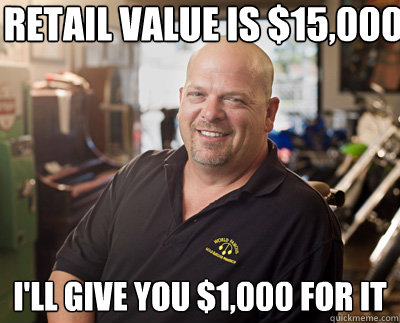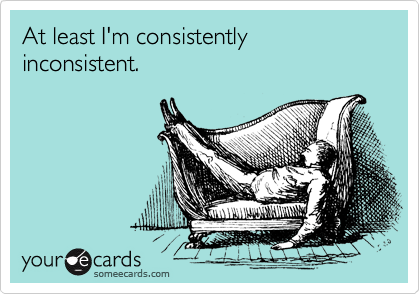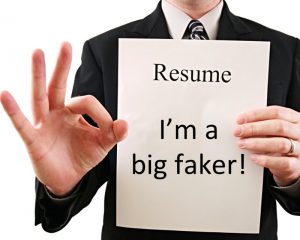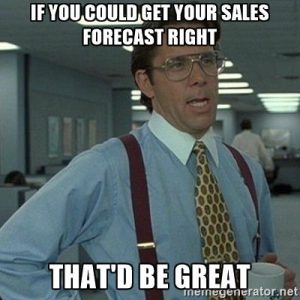What is Value and What does it mean to Your Customer?
What is value?
When I ask that question to a group of people, I get lots of different answers. Most of the people in the room tell me things like “We give great customer service,” “We give people a very competitive price,” “We have knowledge that others don’t,” “We’ve been in the industry for a long time” or “We’ve always been rated No. 1 or No. 2 in our industry.”
It’s disturbing to me when a salesperson says to a prospect: “We work with lots of clients like you” or “We’ve worked in your industry for a long time and we’re specialists in that industry, so we know what you need.”
That is extremely presumptuous. And I think when you say that to someone, you are immediately putting him in the category of “there’s nothing special about you and your business is just like everyone else’s.”
The fact is that maybe that is true, but as soon as you make someone feel that way, it changes the consultation and immediately turns you into just another sales person.
There is actually only one answer to the question “What value do you bring?” The answer is very simple: It depends. It depends on the perception of value from the person you are speaking to. This is why features and benefits selling doesn’t work anymore: because the benefit of a particular feature that you have may have nothing to do with what your prospect believes the benefit or value is to them. The receiver of the benefit will perceive its value and decide if it’s a benefit or not.
How do you get value? How do you understand what is valuable to another person?
You have to ask them some really good questions. For example, you might ask:
- What is your biggest challenge when it comes to ________?
- If you have success with a new product or service in that area, what would that success look like?
- What would be the advantage if you could utilize a product or service that would allow you to ________?
No. 1, the questions that we ask allow people to talk about what they deem most important to them. No. 2, once they are telling you the points of importance, you can then give them a customized solution that is based upon what they said they wanted.
So, what have you done here? Well, not only have you truly listened to the prospects issues and concerns, but you have come up with a solution based on those particular needs as they see them, not you. So when someone asks what your value is or what makes you better then the next guy, don’t answer that question until you fully understand what they want. And even if you do understand, don’t answer it anyway. The information they tell you will deem much more valuable if they have told it to you and then, from that information, you come up with a forgone conclusion.
















